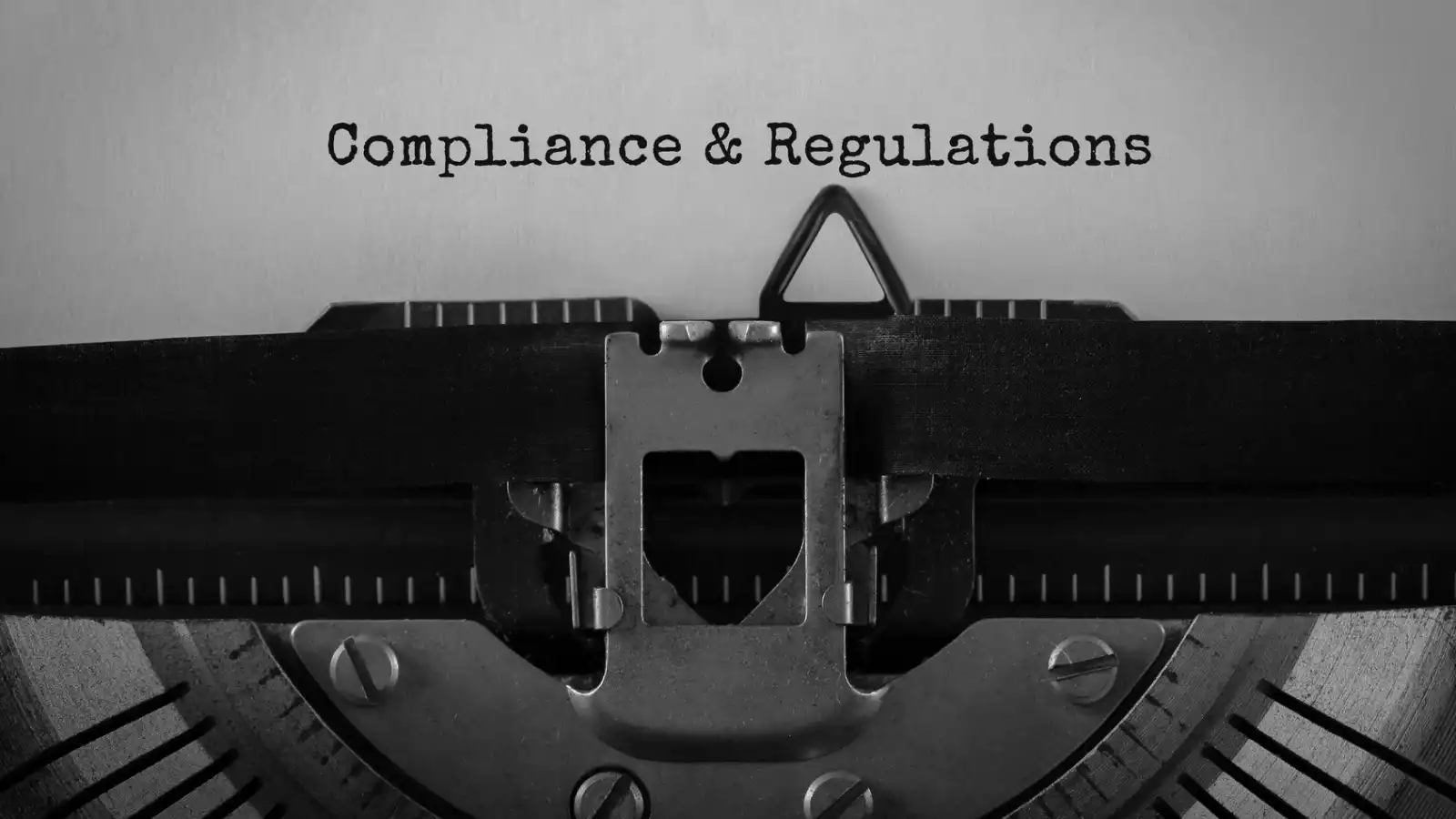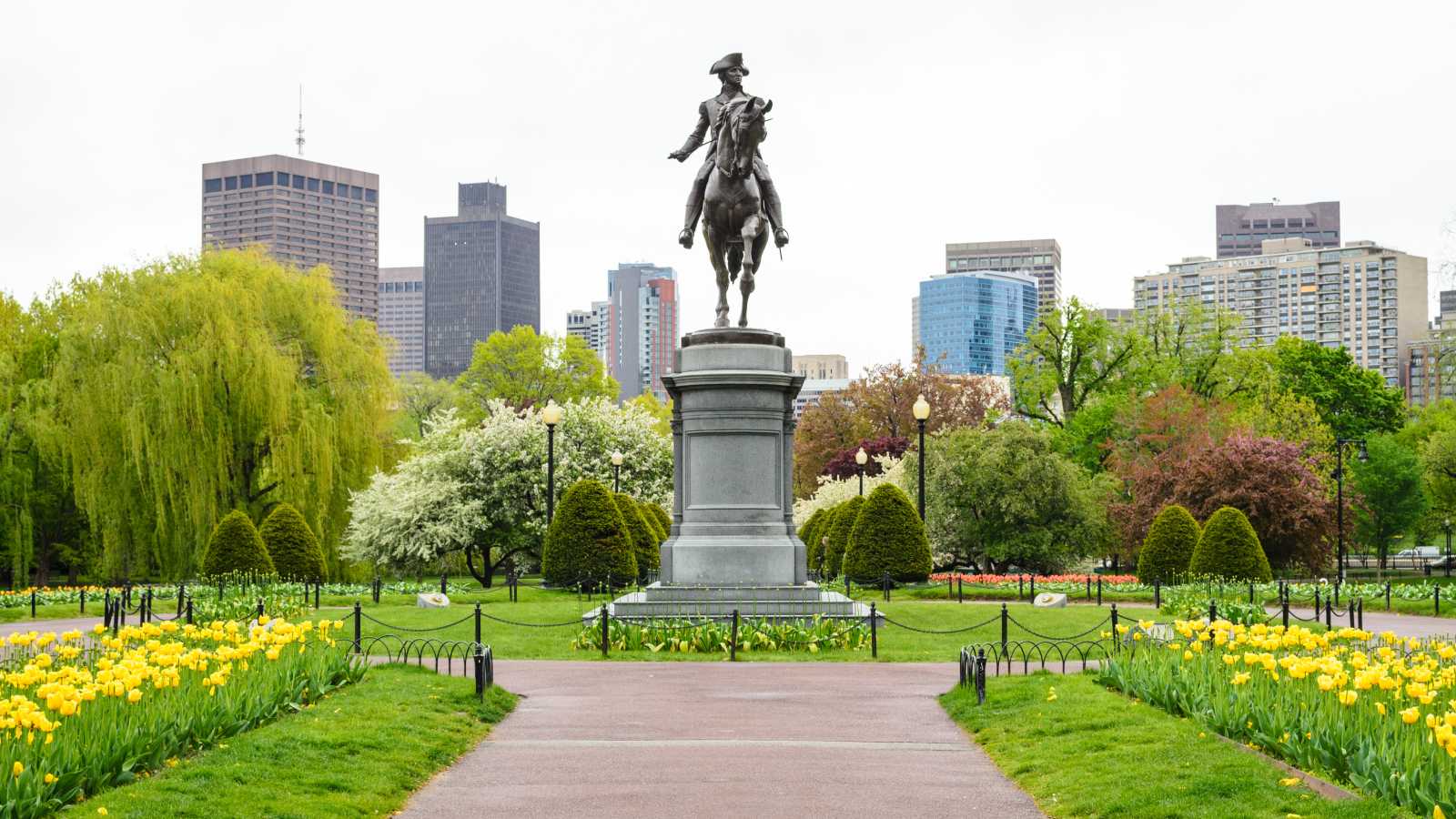 A few weeks ago, it appeared that Massachusetts voters were going to have plenty to think about in November. Ballot printers were readying the presses to see if voters wanted to raise the minimum wage, decrease the sales tax, institute paid family leave and levy a 4% surtax on all income earned in excess of $1 million annually. In all, seven questions would be on the ballot. But after a rapid series of events only three remain, none of which include the above.
A few weeks ago, it appeared that Massachusetts voters were going to have plenty to think about in November. Ballot printers were readying the presses to see if voters wanted to raise the minimum wage, decrease the sales tax, institute paid family leave and levy a 4% surtax on all income earned in excess of $1 million annually. In all, seven questions would be on the ballot. But after a rapid series of events only three remain, none of which include the above.
Instead, voters will be asked to consider Question 1 – A Law Relative To Patient Safety And Hospital Transparency, Question 2 – Establishing a Constitutional Amendment to Secure Government of the People (Limiting Election Spending and Corporate Rights), and Question 3 – Proposal to Repeal a 2016 law that banned discrimination against transgender people in places of public accommodation. Look for more on these questions in a future post, closer to the election.
The impetus to bring legislators and advocacy groups together began on June 18, when the Massachusetts Supreme Judicial Court (SJC) in a 5-2 decision sided with business groups and declared the Fair Share Amendment (a.k.a. “The Millionaires Tax”) measure unconstitutional. The reasons given were based on the fact that proceeds from the initiative would earmark revenues for infrastructure and education. Associate Judge Frank Graziano wrote that the question put voters who favored the tax increase but not earmarking the funds “in the untenable position of choosing which issue to support” and which to disregard. (See In a stinging rebuke, ballot question on ‘millionaires tax’ is rejected for more detail.)
The SJC’s decision set in motion a rapid series of events that brought the interested parties together that resulted in what is being called a “Grand Bargain”, which was signed into law by Governor Baker on June 28. Here is what it meant for each of the initiatives.
Minimum Wage Increase
- The “ask” by Raise Up Massachusetts (the main advocacy group supporting the measure) was to increase the minimum wage to $12.00 by January 1, 2019, followed by increases of $1.00 each year until January 1, 2022, when it would reach $15.00.
- The compromise is that it will take an extra year. Instead of increasing by $1.00 each year, minimum wage will increase by $0.75 each year until it reaches $15.00 on January 1, 2023.
- The minimum wage for tipped employees will be $4.35 on January 1, 2019 and increase in $0.60 increments until it reaches $6.75 on January 1, 2023.
- The current requirement to pay retail employees not exempted by the Fair Labor Standards Act (FLSA) time and a half (1.5) on Sundays and holidays will decrease to 1.4 (January, 2019), 1.3 (January, 2020), 1.2 (January, 2021), 1.1 (January, 2022) and straight time (January, 2023).
Paid Family and Medical Leave
- Three measures were being considered, but it appears that the compromise reached will be less onerous to employers than the other two.
- Leave is paid at a rate of up to 80% of the portion of the weekly wage that is equal to or less than 50% of the state’s average weekly wage, and 50% of the portion that exceeds 50%.
- Given that a trust fund will be formed, it will take some time before adequate funds are collected to implement the program.
- First mandatory employer contributions begin on July 1, 2019
- Employee application for benefits will start on January 1, 2021.
- Proposed regulations are expected by March 31, 2019.
Decreasing the Sales Tax from 6.25% to 5.00%
- A permanent two-day weekend sales tax holiday will take place each year, beginning in August, 2019.
- The sales tax remains at 6.25%
So, what does the Grand Bargain do for all interested parties?
As for the Minimum Wage Increase, it would appear that the addition of an extra year to attain a $15.00 minimum wage rate, is a modest give-back for workers. For retail business owners, phasing out the Sunday time-and-a-half requirement should be important, even if it takes four years to implement. Many people shop on Sunday, and the added expense of adequately staffing for retailers make things difficult. Given that on-line shopping is clearly hurting retailers, this is one ruling that is important. What remains to be seen is the effect of raising the minimum wage for tipped employees. Will the dynamic of diners tipping habits change given the increase? The jury will have to wait on that one. Lastly, at a current minimum wage rate of $11.00, Massachusetts ranks second (tied with California) to Washington State ($11.50). However, many states are considering increases. (Side note: When the Burlington Mall opened on July 28, 1968, I made the minimum wage of $1.60 as a stock boy in a shoe store.)
The concept of Paid Family and Medical Leave is an initiative that is getting a lot of attention lately. Given that the United States is the only nation that does not offer this worker benefit, it is understandable that many states are considering it. Count California, Connecticut, Hawaii. Maine, Minnesota, New Jersey, Oregon, Rhode Island, Vermont, Washington, Wisconsin, and the District of Columbia among them. From what I have seen in other states, it appears that the Bay State solution is one that looks to employers and their workers to make it work. Time, of course, will tell.
On the sales tax issue, the above-mentioned win for retailers on the Sunday overtime issue is a big win. Is the annual tax holiday a win as well? Perhaps. Some might argue it is a “feel good” measure and that many consumers may not want to wait until August each year for a big purchase. For many, a short hike up route 3 to Nashua could be a more convenient option for the rest of the year. The real winner here is the legislature. By some estimates, revenues to the state coffers could have dropped by $1.25 billion annually. Given that the millionaire’s tax could have brought in more than $1.7 billion, it’s easy to see how the Grand Bargain momentum got its footing.
And lastly, speaking of the Millionaire’s Tax, while it might be in the rearview mirror for now, it might be considered again in the next session. Senator Jason Lewis plans to give it another try. (See State senator plans to revive Massachusetts millionaire’s tax proposal to learn more). And why not? According to a poll taken in May before the SJC ruling by WBUR showed that 77% supported the initiative. For those of us who do not earn that kind of money, it apparently seems like a pretty good idea.



